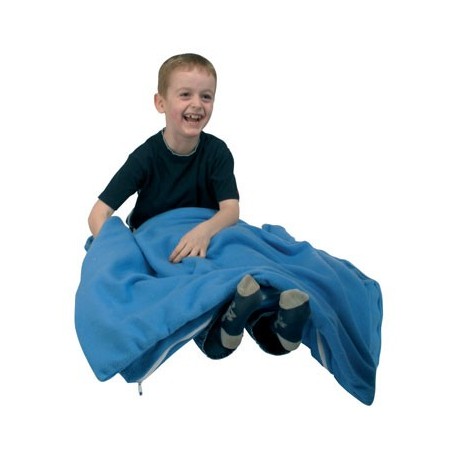Children with autism typically have four or five other conditions, such as attention deficit hyperactivity disorder (ADHD), a new study suggests. And which conditions a child has influences whether she is diagnosed with autism sooner or later than average.
The findings indicate that clinicians should screen for these conditions in children with autism and consider treatment plans that take them into account.
“Pure autism is very rare,” says Norbert Soke, an epidemiologist at the U.S. Centers for Disease Control and Prevention (CDC). The analysis is based on data from five U.S. states, collected by the CDC in 2010.
The conditions that tend to accompany autism may point to biologically distinct subgroups of the condition and give clues about its roots, Soke says.
The researchers analyzed data from 783 children with autism at age 4, and 1,091 children with autism at age 8. They documented the prevalence of 18 conditions and features, including single-gene conditions associated with autism, ADHD, sleep issues or gastrointestinal problems.
More than 95 percent of the children have at least one condition in addition to autism, the researchers found. About 69 percent of the 8-year-olds and 53 percent of the 4-year-olds have four or more conditions; 26 percent of 8-year-olds and 13 percent of 4-year-olds have seven or more.




